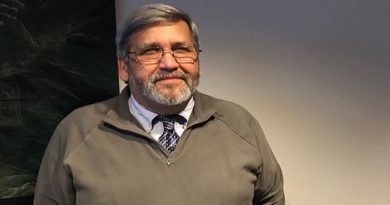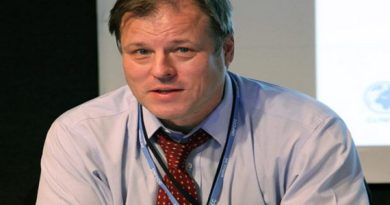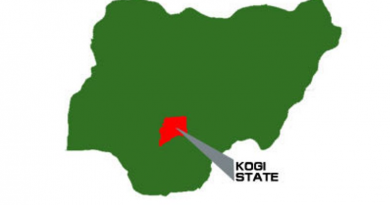$210m new project in West Africa to boost resilience of coastal communities
The West African Coastal Areas (WACA) Resilience Investment Project, funded in part by the Global Environment Facility (GEF), was approved recently by the World Bank Group Board. The regional project will help build the resilience of coastal communities in Benin, Cote d’Ivoire, Mauritania, Sao Tome and Principe, Senegal and Togo through a $210 million financing package.
Led by West African governments, the WACA project will protect against coastal erosion through a range of activities, including fixing dunes, restoring wetlands and mangroves, replenishing beaches, and building seawalls and dikes. It will reduce flooding by rehabilitating lagoons and drainage systems, and by improving watershed management. It will also support pollution control through better treatment of marine litter, oil spills and industrial and municipal waste.
The WACA project will protect against coastal erosion through a range of activities, including fixing dunes, restoring wetlands and mangroves, replenishing beaches, and building seawalls and dikes. It will reduce flooding by rehabilitating lagoons and drainage systems, and by improving watershed management.
The WACA project will protect against coastal erosion through a range of activities, including fixing dunes, restoring wetlands and mangroves, replenishing beaches, and building seawalls and dikes. It will reduce flooding by rehabilitating lagoons and drainage systems, and by improving watershed management.
“The WACA Resilience Investment Project is a collective response to the urgent need to address coastal degradation in a regional, integrated manner. It is an opportunity to strengthen the resilience of West Africa’s communities and transform their livelihoods,” said Makhtar Diop, World Bank’s Vice President for the Africa Region.
About 42% of West Africa’s GDP is generated in coastal areas, where almost one-third of the population resides and communities are particularly vulnerable to the effects of severe coastal erosion and frequent flooding.
To sustain investments and attract more investors, the project will provide technical assistance for regionally integrated spatial planning, prepare a yearly report on the state of West Africa’s coasts, and support the revision and enforcement of laws and protocols contributing to healthy and productive coasts.
The project will boost regional cooperation to address coastal erosion by working with four regional institutions – the West African Economic and Monetary Union (WAEMU), The Abidjan Convention, The Dakar-based Center for Ecological Monitoring (CSE), and the International Union for Conservation of Nature (IUCN).
The financial package includes a credit of $120 million and a grant of $70 million from the International Development Association and a grant of $20.25 million from the GEF. The Nordic Development Fund will provide an additional EUR13.1 million to improve resilience in the coastal regions, and the French Facility for the Global Environment will fund light infrastructure, land-use planning, and nature-based solutions against coastal erosion worth EUR1.3 million.
More partners are expected to join the effort through a new Platform that will boost the transfer of knowledge, mobilize additional finance and foster political dialogue among countries, and to protect the West African coast.
Through the International Waters (IW) focal area, the GEF helps countries jointly manage their transboundary surface water basins, groundwater basins, and coastal and marine systems. IW investments facilitate integrated cross-sectoral approaches that engage the private sector, non-governmental organizations and multilateral institutions.




